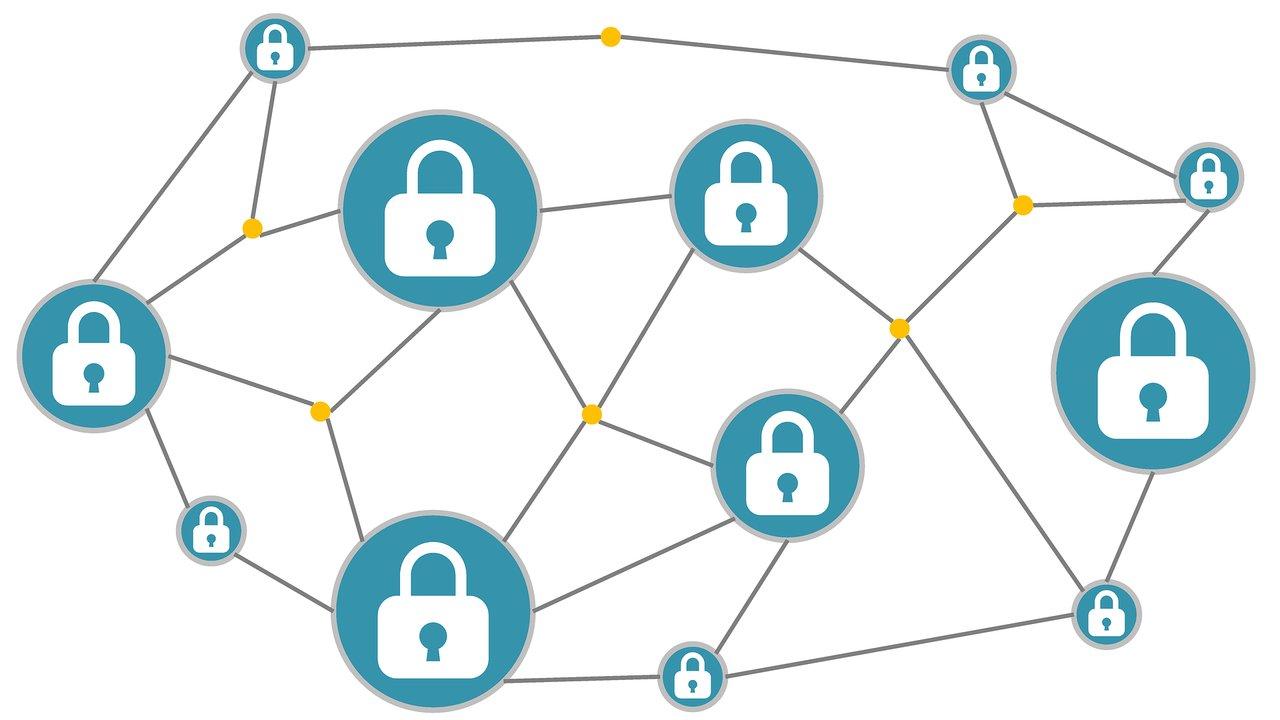
ExpoLab Partners with Radix to Develop Fast and Secure Financial Blockchain System
Computer science assistant professor Mohammad Sadoghi is partnering with UK-based blockchain company Radix to develop and verify a fast and secure fabric for financial transactions. An expert in distributed ledger technology (DLT), commonly known as blockchain, Sadoghi leads the ExpoLab, which develops an exploratory data platform called ExpoDB—a test bed to study and develop real-time transactional and analytical processing of DLTs.
DLTs are decentralized and democratic decision-making systems. In other words, no single entity owns the data and changing records requires approval from a majority of users, making it more secure than traditional centralized systems.
Radix’s platform is built for fast and secure large-scale financial transactions on an open, permissionless network, which is important as cryptocurrencies take off and users seek democratized options for financial services without giving up security. However, with so many DLTs on the market, potential investors or clients often have to take a company’s word that a platform works. Though good faith is important, mathematical proof of the platform’s idea, structure and performance is the rock-solid evidence that puts any blockchain fabric ahead of the game.
To do this, Radix began talking with Sadoghi last summer, and announced an official partnership this spring. Together, Radix can validate the design of their Cerberus DLT consensus protocol with rigorous academic proofs, while the ExpoLab can refine their tools and apply their knowledge to a real-world system.
“I think it’s a marriage of academia and industry for the betterment of the society, to build this secure, democratic and decentralized ledger that brings integrity, trust and transparency into the financial sector,” said Sadoghi.
Using their own blockchain fabric, ResilientDB, and their verification platform, ExpoDB, the lab will test Radix’s platform under different scenarios to make sure it works as intended and is secure. From this, Radix can validate their ideas, find and fix potential security holes and compare their performance with other blockchain systems.
“The ExpoLab helps create an impartial third party to evaluate the performance and claims that are bandied around by communities and charismatic leaders,” said Radix in a press release. “Through mathematical proofs and testing over periods of time, people can see how different blockchains react to set conditions and transaction loads depending on the settings they have marked out.”
Sadoghi is also thrilled to be working with an industry partner, both because of the real-world impact the group can have, as well as the opportunity for his students to gain experience working with industry.
“Direct transfer of technology to industry often is not that simple—it’s hard to get that flow going,” he said. “I think it will be an important learning and training experience for our students.”
